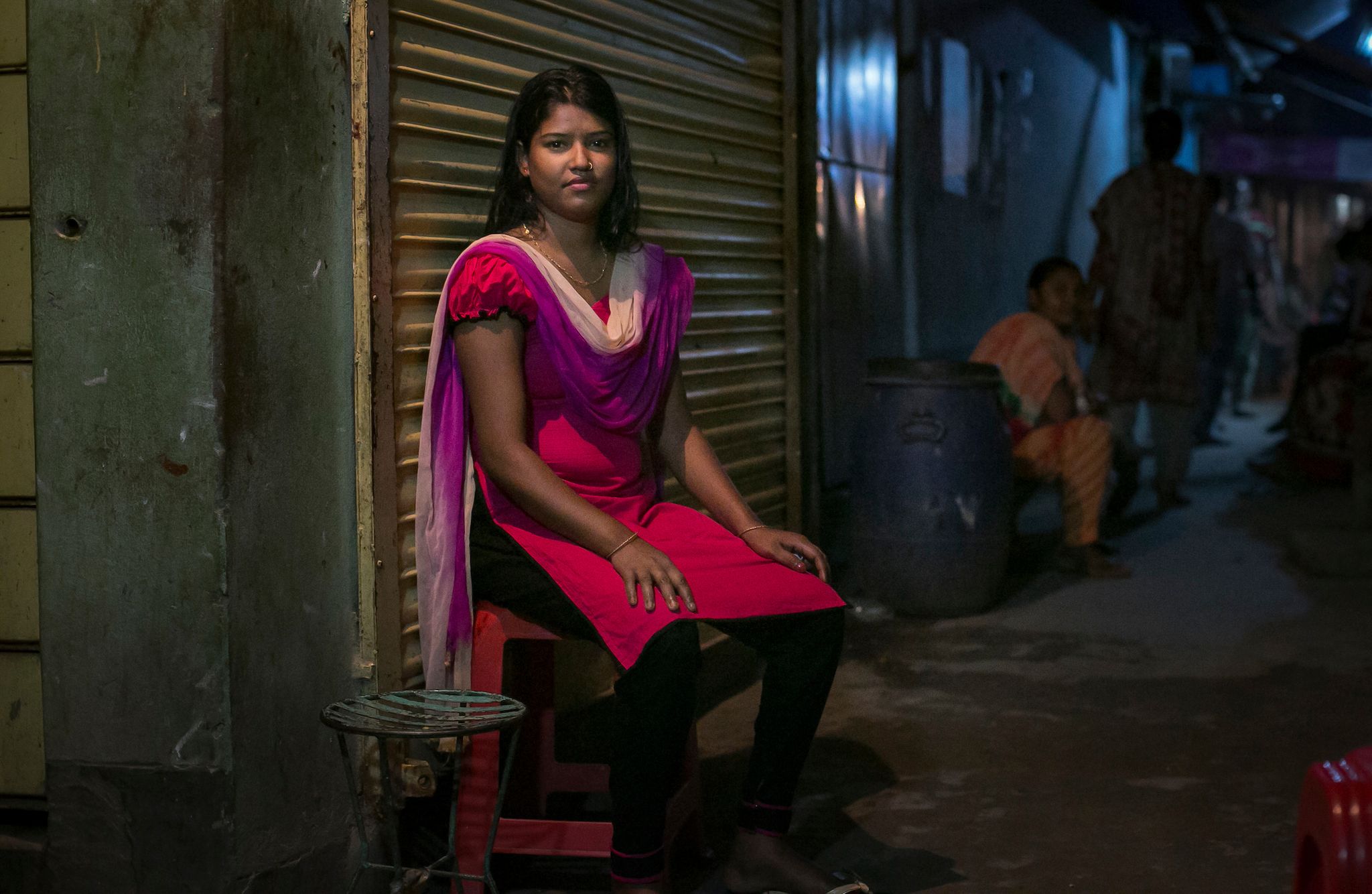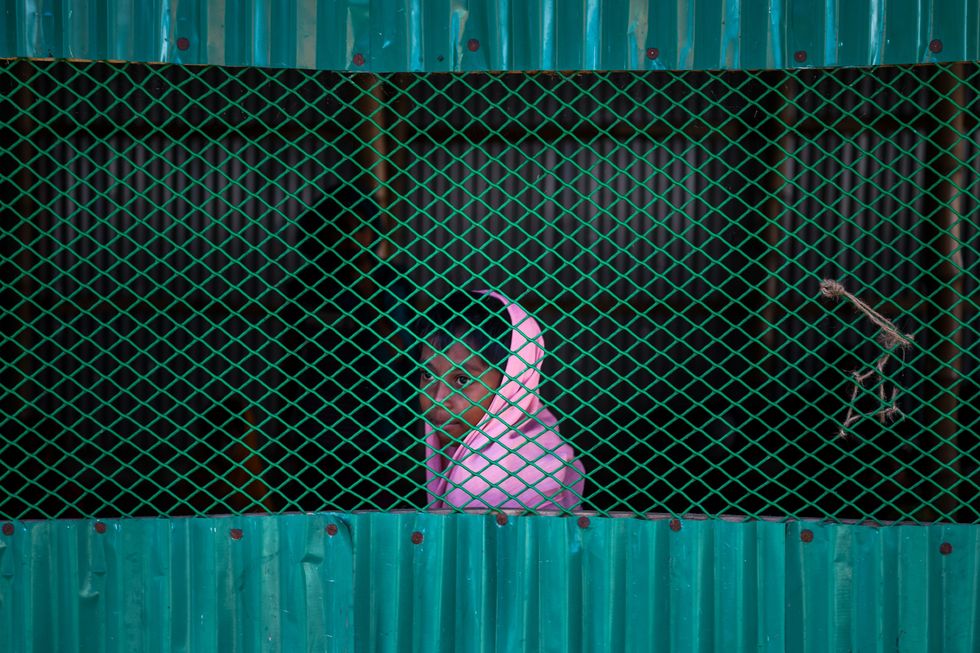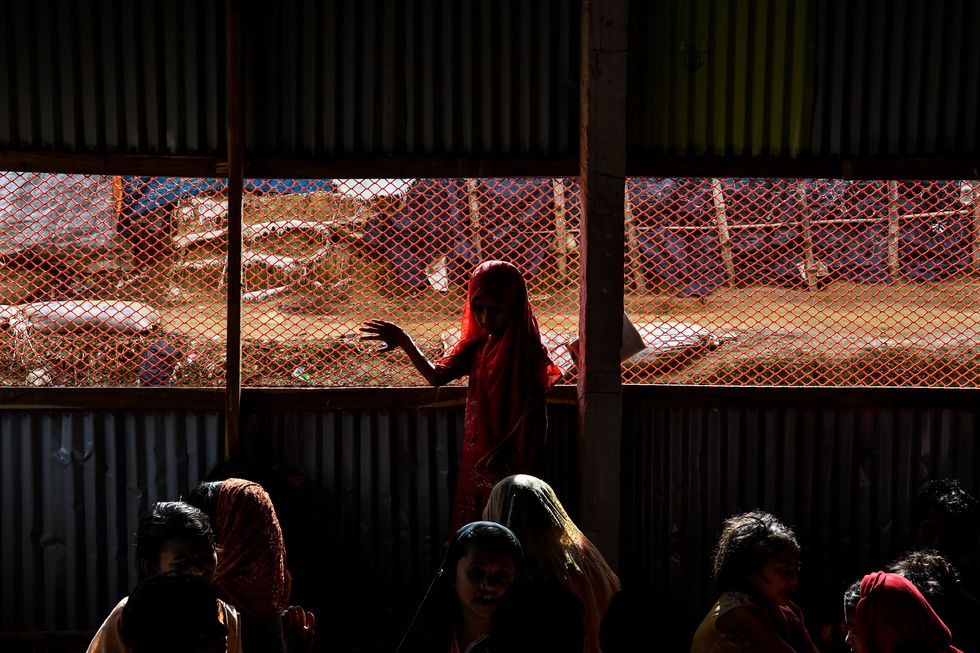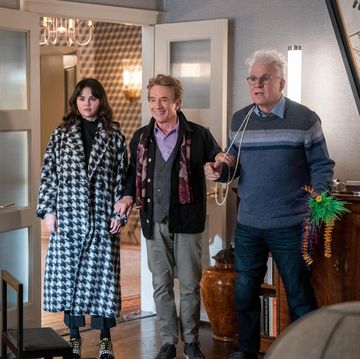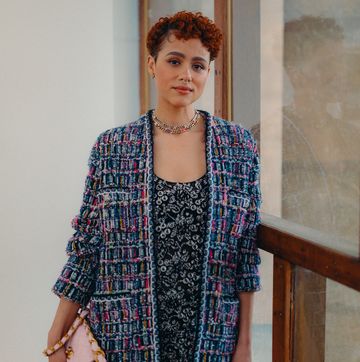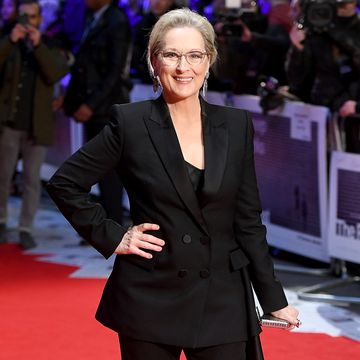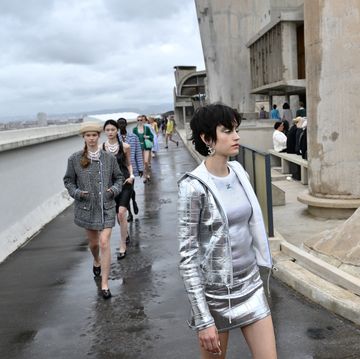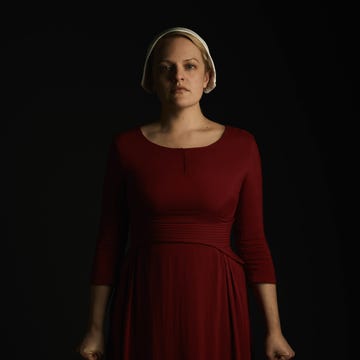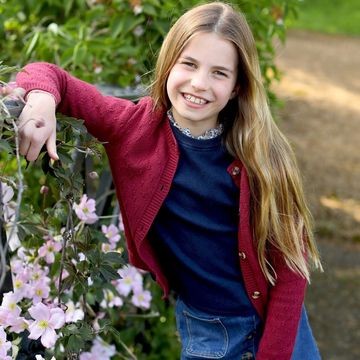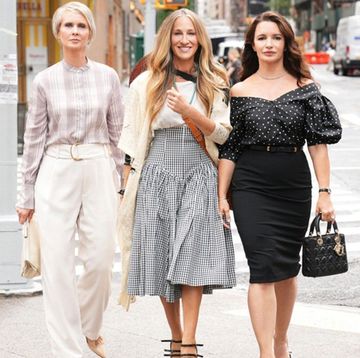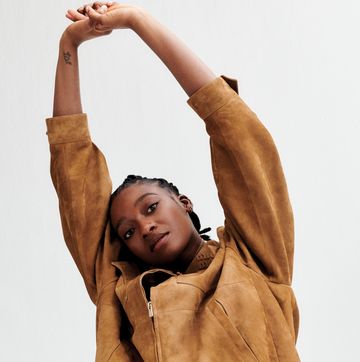In January, ELLE UK published the story of Moyna, a child bride who was subsequently sold by her new husband into a Bangladesh brothel at the age of just 13.
Many of you found the story to be so deeply affecting, that you were moved to get in touch with us, asking for ways to help Moyna and the thousands of other young girls similarly trapped in brothels in the country.
Stirred by the altruism of your responses, we have decided to follow up with four ways that anyone can help young women in these desperate situations.
First, some context...
A study - conducted by freelance foreign correspondent and Fuller Project contributor Corinne Redfern and international NGO Girls Not Brides - recently discovered that out of 375 sex workers in Bangladesh’s legal brothel villages, 47 per cent were former child brides.
Their stories were heartbreaking and varied. Some, like Moyna, were sold into the brothels by their husbands in exchange for a few hundred pounds. Others, like 15-year-old Papi, fled abusive marriages only to find that their families refused to take them back.
In their subsequent search for work and accommodation, they were targeted by traffickers at bus stops and train stations and tricked into entering brothels with up to 4000 sex workers their own age and up. By the time they realised where they were, it was too late: their mobile phones had been confiscated, and the doors to their bedrooms locked shut.
The reasons behind this deeply ingrained system of abuse and inequality are complex and hard to overcome overnight.
Here are a few ways you can help...
1. Contact Girls Not Brides
Contact Girls Not Brides directly on info@girlsnotbrides.org or visit their website. Girls Not Brides is a UK-based non-governmental organisation working across the world with over 1,000 partners and a single mission: to end child marriage for all girls (and boys), wherever they live and whatever their backgrounds.
Child marriage is one of the largest contributing factors in the trafficking of girls and young women, and the situation is likely to get even worse following 2017’s amendment to Bangladeshi marital law – effectively reducing the country’s legal age of marriage to zero. Get in touch with GNB and ask directly what you can do to help: not only do they have the most comprehensive understanding of the situation in Bangladesh, but they’re funding hugely important research into young women’s stories and needs.
2. Donate To BRAC
Donate to BRAC - the world’s largest NGO (in terms of employees) and based in Bangladesh, this organisation is dedicated to developing projects across the country which support those affected by poverty and inequality. The NGO now works in 11 countries (including Bangladesh) such as Nepal, Uganda and the Philippines, but their premise is consistent – provide opportunities to those living in poverty to realise their potential.
3. Purchase Products From BASHA Boutique
Headed up by Robin Seyfert, BASHA Boutique is a social enterprise following Fair Trade principles and offering “a fresh start” for trafficking survivors such as Moyna and Papi.
With a hostel that provides free accommodation and centres that supply unlimited psychological and physical support for women who escape the sex industry, BASHA also trains them in practical skills such as manufacturing handicrafts and textile design – ensuring (with transparency!) that the profits go towards the individuals’ own independence.
Products such as jewellery, bedding and embroidered cushion covers are so far stocked in ten countries around the world (including in the UK). Check out their partner stores here: http://bashaboutique.com/stockist/ - and if you run your own fashion business, consider ordering wholesale online and teaming up with them.
4. Contact The UK's Department For International Development
Contact the UK’s Department for International Development and ask them what they’re doing both to end child marriage and the sex trafficking of former under-age brides in Bangladesh.
The more pressure which is applied on the government, the more funding is likely to be allocated to international projects and foreign policy decisions which affect the most vulnerable demographic of young girls in South Asia.
The UK is currently one of the largest international donors of financial aid to Bangladesh – it’s up to us to influence where exactly that goes.
If you want to re-acquaint yourself with Moyna's story, click the link below:
'The Warriors' is a year-long reporting project by ELLE and the Fuller Project for International Reporting, funded by the European Journalism Centre via its Innovation in Development Reporting Grant Programme.
